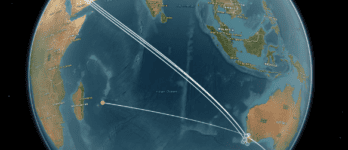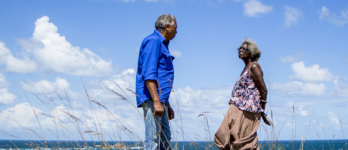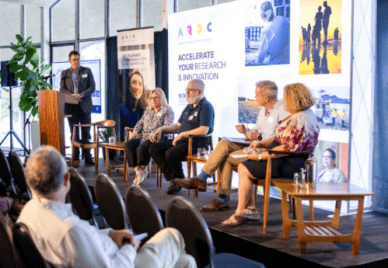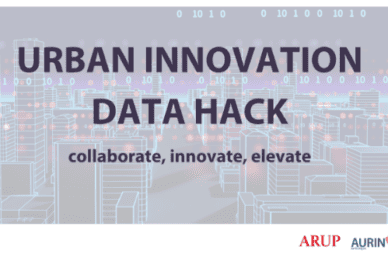
About the Event
The 2024 HASS and Indigenous RDC Computational Skills Summer School aims to empower participants with practical knowledge, build digital skills, and help inspire new research outcomes within these research communities.
Participation is aimed at researchers in the humanities, arts, social sciences and Indigenous fields of study, as well as managers of Indigenous data. Themed streams will explore geosocial and geospatial data applications in humanities, arts, social sciences, and Indigenous research, using ARDC tools and services. You’ll gain experience through seminars and workshops and will be guided through hands-on use of free tools and platforms provided by the ARDC and its partners.
Research Streams
The Indigenous Data Network (IDN) and Language Data Commons of Australia (LDaCA) work together to assist Aboriginal and Torres Strait Islander communities to manage their own data, particularly to ensure long term governance and security of significant collections of language material.
For the ARDC Summer School, IDN and LDaCA will lead a stream on the governance, management and usage of data, especially Indigenous data.
- A series of seminars will focus on sustainability, storage, usability and description of data.
- A case study will highlight how data is being managed for long-term access
- A hands-on session will use Python code notebooks to analyse data.
The case study and hands-on session will focus on geospatial aspects of data. Prior coding knowledge is not required for the hands-on session.
This stream will be led by:
- Simon Musgrave, The University of Queensland
- Levi Murray, The University of Melbourne
- Ben Foley, The University of Queensland.
Augmenting social survey data with geospatial information creates an opportunity to include characteristics of the environment, such as community profiles, in research.
This stream focuses on methodological and technical aspects of integrating social and geospatial data.
- The first session will equip participants with basic knowledge of data-wrangling techniques in R.
- The second session will focus on working with geospatial data and the methodological issues associated with transforming such data. It will also include a presentation of the GeoSocial data integration tool that allows users to merge survey and geospatial data.
- The final session will provide the participants with an opportunity to apply their skills in practice.
This stream will be led by:
- Germán González, AURIN
- Dr Matthew Curry, Institute for Social Science Research, The University of Queensland.
In the spirit of the GLAM Workbench, the Community Data Lab is a place for discovering, analysing, interpreting and augmenting the rich sources of data held in galleries, libraries, archives and museums (GLAMs) around Australia.
Whether you’re a humanities, arts, or social science researcher, there’s something for you amongst the almost 300 million records held in the National Library’s Trove service. Come along to work out how to go digging around in Trove using the Trove Data Guide and computational notebooks. Then, either take a deeper dive into Trove for the next two sessions, or learn more about using the Image Annotation workbench and gain more in-depth knowledge of geospatial information systems (GIS) analysis.
This stream will be led by:
- Ian McCrabb, Systemik
- Kaine Usher, TLCmap, University of Newcastle
- Tim Sherrat, GLAM Workbench, University of Canberra.
Travel Bursaries
Applications for travel bursaries closed on Monday 16 January. We aim to notify all those who applied of the outcomes by Thursday 25 January.
Important
The workshops will be held in person only due to the nature of interactive workshops.
Workshops will require laptop computers (PC or Mac). Devices such as mobile phones and tablets will not be suitable for the workshops. Please bring your own laptop and charging cords.
Light refreshments and lunch will be provided.
Recording
Recordings of parts of this evenet are now available alongside a recap:
Further ARDC resources
Learn more about the HASS and Indigenous Research Data Commons.
View our resources for HASS and Indigenous researchers.
Do you have questions about this event? Contact us.








